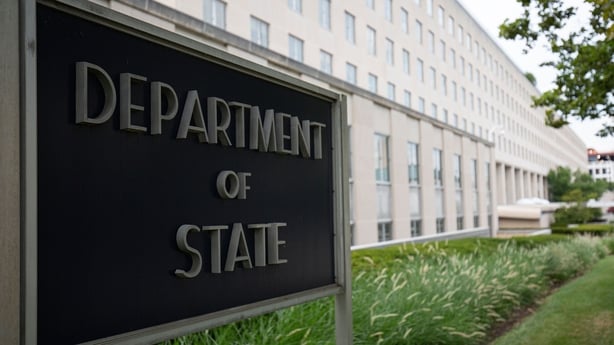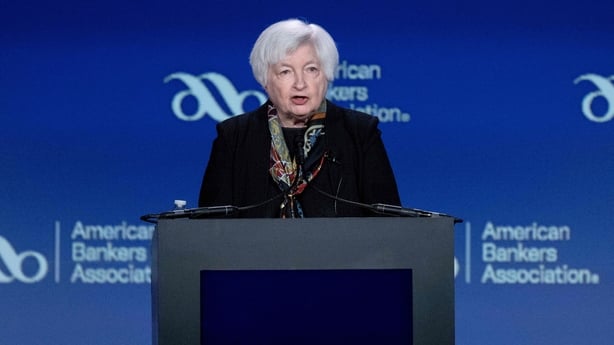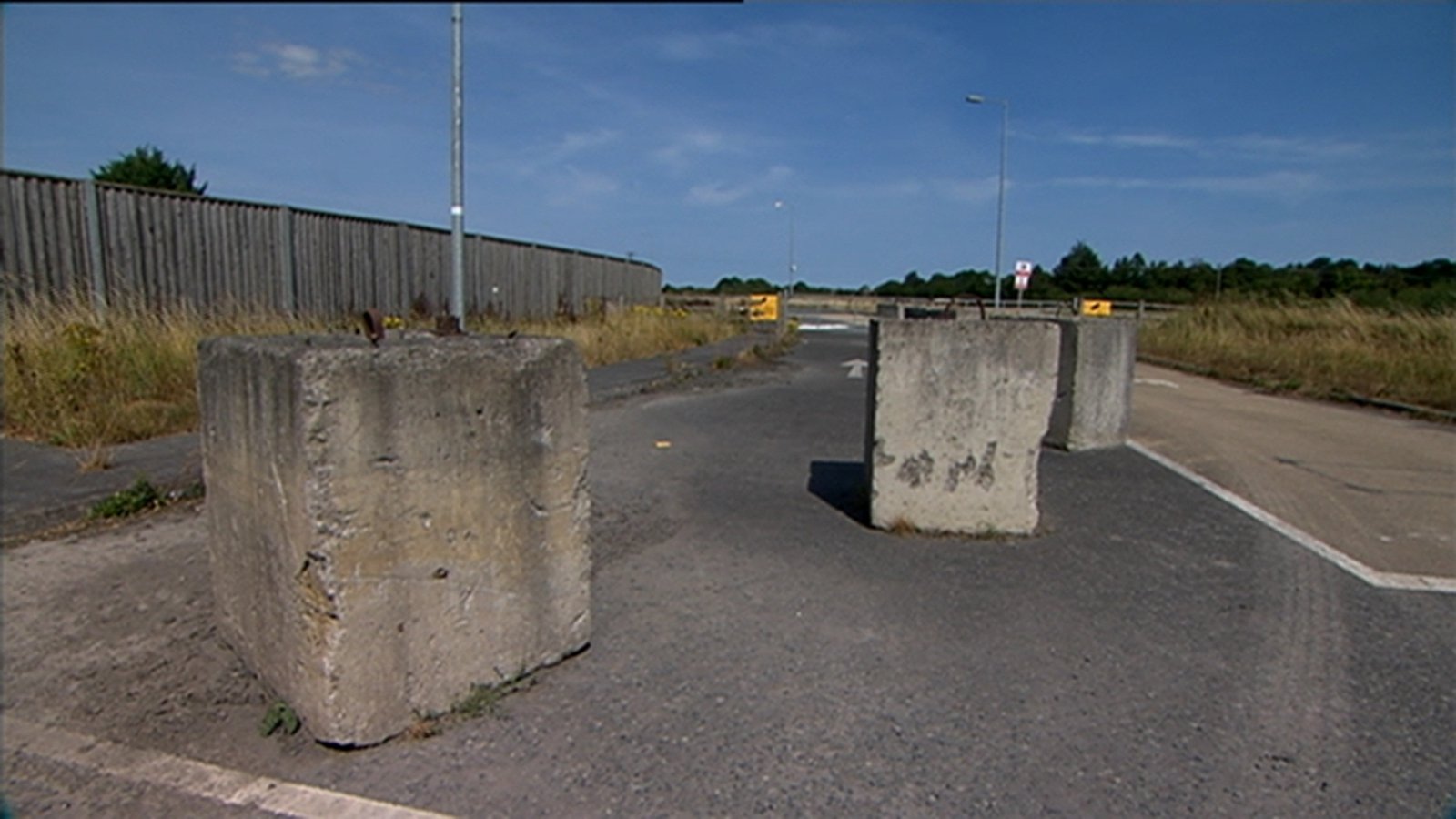French President Emmanuel Macron has said the question of sending Western troops to Ukraine would “legitimately” arise if Russia broke through Ukrainian front lines and Kyiv made such a request, in an interview with the Economist published today.
Mr Macron in the interview doubled down on his comments from earlier this year of not ruling out sending troops to Ukraine, which sent shockwaves through Europe and unsettled allies including Germany. Most of France’s allies said at the time they would not send any forces.
The Economist said Mr Macron gave the interview after delivering a keynote speech last week, in which he declared that Europe is “mortal” and could “die” partly due to the threat posed by Russian aggression after its February 2022 invasion of Ukraine.
“Absolutely. I’m not ruling anything out, because we are facing someone who is not ruling anything out,” said Mr Macron when asked if he stood by his earlier comments made on 26 February.
He said “if Russia decided to go further, we will in any case all have to ask ourselves this question” of sending troops, describing his refusal to rule out such a move as a “strategic wake-up call for my counterparts”.
His latest comments come as some analysts believe that Russia could be on the verge of launching a major new offensive in Ukraine. Russia said today it had captured another village in eastern Ukraine, where Moscow’s forces have been making advances for days.
‘Clear strategic objective’
Mr Macron described Russia under President Vladimir Putin as “a power of regional destabilisation” and “a threat to Europeans’ security”.
“I have a clear strategic objective: Russia cannot win in Ukraine,” he said.
“If Russia wins in Ukraine, there will be no security in Europe.
“Who can pretend that Russia will stop there? What security will there be for the other neighbouring countries, Moldova, Romania, Poland, Lithuania and the others?” he asked.
Mr Macron pointed out that while the Kremlin preferred to use the term “special military operation” early in its invasion, “now Russia itself uses the word ‘war’ and acknowledges it.
“It has broken all the frameworks and has basically returned to a logic of total war,” he said.
He suggested that Moscow’s war machine was not sustainable over the long term.
“Devoting a third of its budget to defence is not sustainable for a country whose gross domestic product is lower than that of France, Germany or the United Kingdom,” he said.
Hungary, whose Prime Minister Victor Orban is seen as the strongest supporter of Mr Putin within the EU, took issue with Mr Macron’s latest statements.
“If a NATO member commits ground troops, it will be a direct NATO-Russia confrontation, and then it will be World War III,” Hungarian Foreign Minister Peter Szijjarto said.
Following Mr Macron’s initial comments on possible troop deployments, most of France’s European allies said they would not send any.
But Mr Macron said Europe faced not just a military and security risk but also “an economic risk for our prosperity” and “an existential risk of internal incoherence and disruption to the functioning of our democracies”.
“Things can fall apart very quickly,” the French president added.
Ahead of the European Parliament elections next month, he warned voters against voting for nationalists.
“I say to Europeans: Wake up… All European nationalists are hidden Brexiteers. It’s all the same lies,” he said, referring to those in Britain who backed its exit from the European Union.
“Make no mistake. If you entrust the keys to people who think like they do, there is no reason why Europe should become a great power,” he said.
Meanwhile, the US State Department has accused Russia of having used a chemical weapon against Ukrainian forces in violation of the Chemical Weapons Convention (CWC), while also announcing fresh sanctions against Moscow.
In addition to the chemical agent chloropicrin, Russia also used “riot control agents (tear gas) as a method of warfare in Ukraine, also in violation of the CWC,” the department said in a factsheet.
“The use of such chemicals is not an isolated incident and is probably driven by Russian forces’ desire to dislodge Ukrainian forces from fortified positions and achieve tactical gains on the battlefield,” the State Department said.

Russia has rejected the allegations from the US that its forces had used a “chemical weapon” in Ukraine.
“We have seen the news about this. As always, such accusations sound completely baseless and unsubstantiated,” Kremlin spokesman Dmitry Peskov told reporters when asked about the accusations.
Chloropicrin is an oily substance known as a choking agent that was widely used during World War I as a form of tear gas.
The US Centers for Disease Control and Prevention label it a “lung damaging agent” that can cause severe irritation to skin, eyes and respiratory systems.
Its use is specifically prohibited by the Organisation for the Prohibition of Chemical Weapons, the implementing body for the CWC.
Russia has signed and ratified the CWC, which outlaws the production and use of chemical weapons.
“Russia has been and remains committed to its obligations under international law,” Mr Peskov said.
Meanwhile, the US Treasury Department has announced sweeping sanctions aimed at crippling Russia’s military and industrial capabilities – including targeting nearly 300 entities in Russia, China and other countries accused of supporting President Vladimir Putin’s invasion.
The sanctions are meant to punish companies that help Moscow acquire weapons for its war in Ukraine.
They also target Russian government entities and companies involved in the country’s chemical and biological weapons programs.
“Combined, our support for Ukraine and our relentless targeting of Russia’s military capacity is giving Ukraine a critical leg-up on the battlefield”
Russia has said it no longer possesses a military chemical arsenal, but the country faces pressure for more transparency over the alleged use of toxic weapons.
According to the US National Institutes of Health, the chemical chloropicrin is used both as a warfare agent and pesticide. If inhaled, it poses a health risk.
‘Sand in the gears’
“Today’s actions will further disrupt and degrade Russia’s war efforts by going after its military industrial base and the evasion networks that help supply it,” Treasury Secretary Janet Yellen said in a statement.
The accusations and sanctions come a week after US President Joe Biden signed a much-delayed bill to provide new funding for Ukraine as the country’s military struggles to hold back Russian advances.
“Even as we’re throwing sand in the gears of Russia’s war machine, President (Joe) Biden’s recently-passed National Security Supplemental is providing badly-needed military, economic, and humanitarian support to bolster Ukraine’s courageous resistance,” Ms Yellen said.
Ms Yellen added: “Combined, our support for Ukraine and our relentless targeting of Russia’s military capacity is giving Ukraine a critical leg-up on the battlefield.”

As part of the measures, the State Department blacklisted additional individuals and companies involved in Moscow’s energy, mining and metals sectors.
The sanctions also targeted individuals connected to the death of Russian opposition leader Aleksey Navalny who died in a Siberian prison in February.
The almost 300 targets sanctioned included dozens of actors accused of enabling Russia to acquire desperately needed technology and equipment from abroad, the Treasury said.
Some of those targeted were based in countries such as China that have faced increasing pressure from Washington over support for Russia during its 15-month invasion of Ukraine.
“This support enables Russia to continue its war against Ukraine and poses a significant threat to international security,” the Treasury Department said.
Other than China, targeted non-Russian entities were located in Azerbaijan, Belgium, Slovakia, Turkey, and the United Arab Emirates.
These companies “enable Russia to acquire desperately needed technology and equipment from abroad,” the statement said.
Source link
 TG4 TV PC to TV
TG4 TV PC to TV
